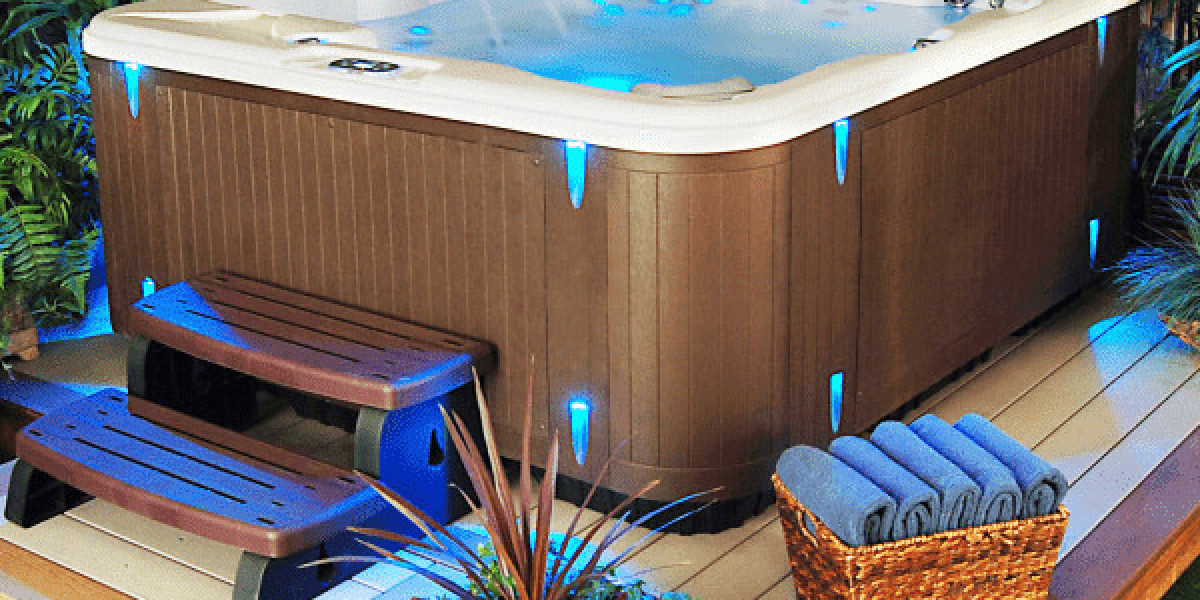Maintaining high water quality in hot tubs is crucial for ensuring a safe and enjoyable experience. One of the most effective and commonly used methods for achieving this is applying chlorine.
This chemical is vital in sanitizing the water, controlling algae growth, and maintaining clarity. This article will explore how chlorine for hot tubs enhances water quality, providing a healthier and more pleasant soaking experience.
The Role of Chlorine in Water Sanitization
Chlorine is widely recognized for its powerful disinfectant properties. When added to hot tub water, chlorine undergoes a chemical reaction to form hypochlorous acid, which is highly effective at killing bacteria, viruses, and other harmful microorganisms. This process is crucial in preventing waterborne illnesses and infections, ensuring that hot tub users enjoy their time without health concerns.
The sanitizing action of chlorine for hot tubs is continuous, providing ongoing protection as it circulates through the water. This constant disinfection is essential in hot tubs, where warm temperatures create an ideal breeding ground for pathogens. By maintaining appropriate chlorine levels, hot tub owners can significantly reduce the risk of contamination and enhance the overall safety of the water.
Controlling Algae Growth
Algae growth can be a common issue in hot tubs, leading to cloudy water and slippery surfaces, which can be hazardous. Chlorine for hot tubs serves as an effective algaecide, preventing the establishment and proliferation of algae. The chemical disrupts the photosynthesis process in algae, ultimately inhibiting their growth and survival.
Users can keep algae at bay and maintain clear, inviting water by regularly adding chlorine to hot tub water. This not only improves the hot tub's aesthetic appeal but also reduces maintenance efforts and costs associated with algae removal.
Maintaining Water Clarity
Clearwater is a crucial indicator of good water quality in hot tubs. Chlorine plays a vital role in achieving and maintaining this clarity. As chlorine disinfects the water, it also helps break down organic contaminants such as body oils, lotions, and sweat. These substances can accumulate in the water and cause it to become murky and unappealing.
Through oxidation, chlorine converts these organic contaminants into simpler, harmless compounds. This action not only clarifies the water but also reduces the buildup of scum lines and residues on the hot tub surfaces. Regular chlorine treatment ensures that the water remains crystal clear and inviting.
Balancing pH Levels
Proper pH balance is essential for the effectiveness of chlorine in hot tubs. The water's pH level affects how well chlorine can perform its sanitizing and disinfecting functions. Hot tub water should have a pH level between 7.2 and 7.8. If the pH level is too high or too low, it can reduce the efficacy of chlorine, leading to inadequate disinfection and potential water quality issues.
Chlorine for hot tubs helps stabilize the pH levels, making it easier to maintain the optimal range. Additionally, specific chlorine formulations are available with pH stabilizers, providing a dual benefit of sanitization and pH balance. By keeping the pH levels in check, hot tub owners can maximize the efficiency of chlorine and ensure consistent water quality.
Reducing Chloramines
Chloramines are by-products formed when chlorine reacts with nitrogenous substances such as sweat, urine, and body oils. These compounds are responsible for the strong chlorine odor often associated with pools and hot tubs. Chloramines can cause eye and skin irritation and are less effective as disinfectants than free chlorine.
Regular chlorine application for hot tubs helps reduce the formation of chloramines. Maintaining appropriate chlorine levels and ensuring proper oxidation minimizes chloramines, leading to a more pleasant and comfortable soaking experience. Additionally, shock treatments—high doses of chlorine—can effectively break down chloramines, restoring the water’s quality and eliminating unpleasant odors.
Key Takeaways
In conclusion, chlorine for hot tubs is indispensable for improving and maintaining water quality. Its powerful sanitizing properties, ability to control algae growth, and role in maintaining water clarity make it an essential element in hot tub care.
By ensuring proper pH balance and minimizing chloramines, chlorine enhances the safety and enjoyment of hot tub use and extends the longevity of the equipment. Regular and appropriate use of chlorine ensures that hot tub water remains clean, clear, and safe for all users, providing a superior soaking experience.



